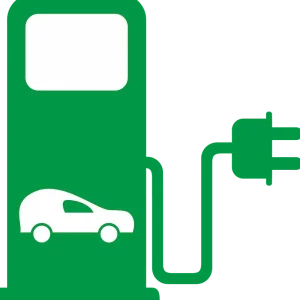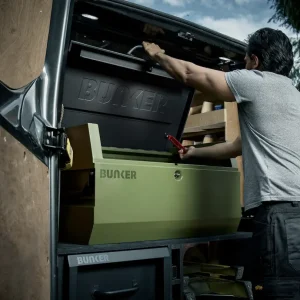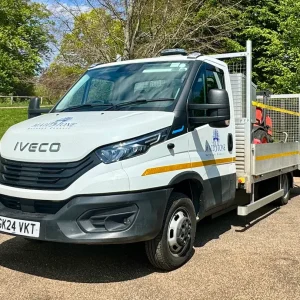Mcloughlin rejected the assertion of transport secretary Phillip Hammond that a 10mph rise in the speed limit would lead to time savings worth hundreds of millions of pounds to the economy.
“Considering the state of Britain’s congested road system and the extortionate price of fuel it is unlikely to have the desired effect,” he said.
Mcloughlin argued that while a speed limit increase might aim to benefit the business sector by enabling them to fit in more deliveries, in practice any gain would be wiped out by the hike in fuel costs.
In contrast to the intended outcome, he reckoned that motorway congestion would also get worse.
“It is easy to increase speed limits on motorways but this will simply serve to clog up junctions and slipways even further so that congestion worsens at pressure points and results in slower progress,” he said.
Mcloughlin claimed cutting both corporation tax and VAT on fuel would be a more effective way to improve traffic flow in the UK’s roads because it would allow small businesses to cut costs by streamlining their fleets and hiring vans only when necessary – for example during seasonal peaks when demand grows.
“Until the UK road system is fully prepared for such a change in speed and can cope with the current congestion, it is hard to see how introducing an 80mph speed limit will make any difference to the businesses that really need a helping hand.”






